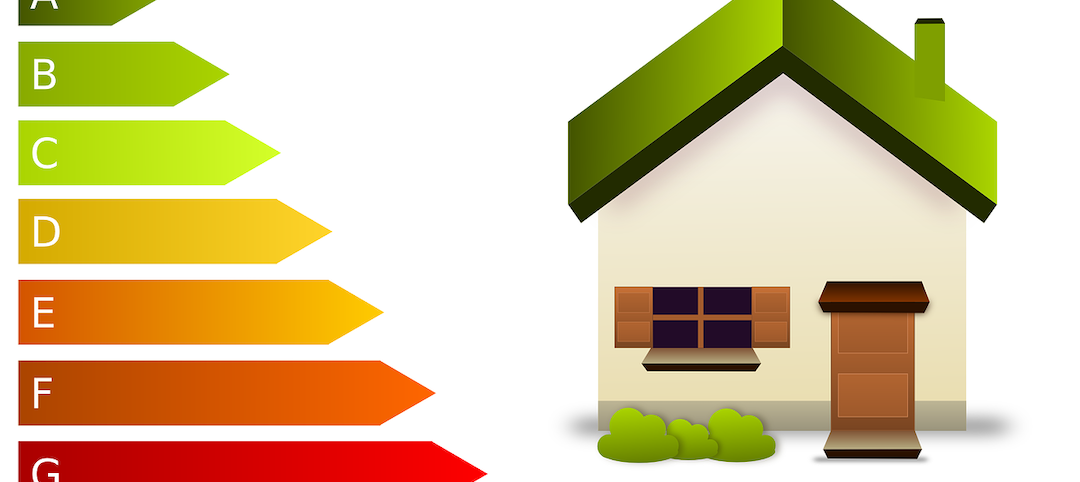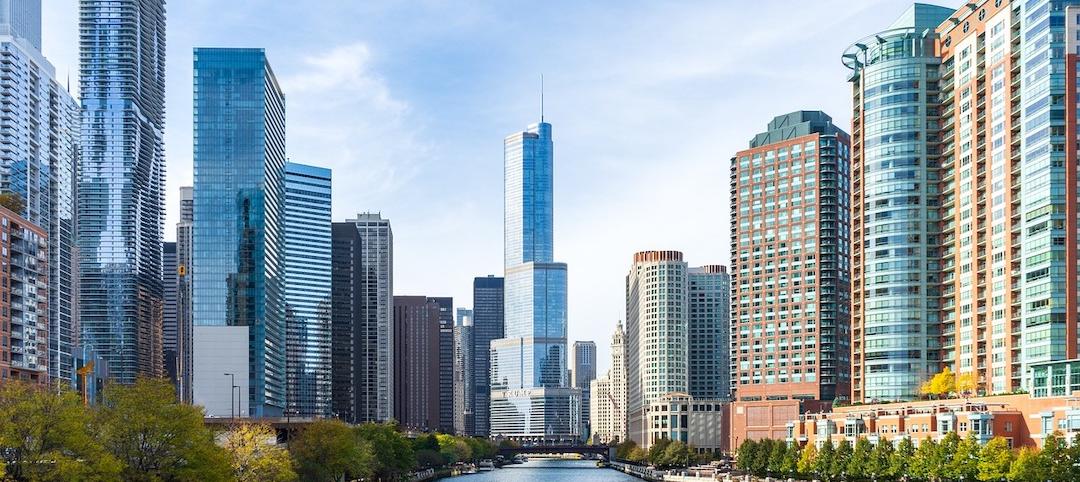Two years ago, a plan to create a smart city project along Toronto’s waterfront was unveiled with great fanfare.
Since then, the proposal, spearheaded by Sidewalk Labs, a subsidiary of Alphabet (Google’s parent company) has prompted extensive public criticism and a lawsuit by the Canadian Civil Liberties Association over data privacy and misuse concerns. The ambitious project was conceived as a showcase for the latest smart city technologies.
The project is to be centered on sustainable and safe transportation systems, and efficient and affordable housing. Technology such as “adaptive traffic lights” would prioritize cyclists and pedestrians and study the possibility of autonomous transit options. Innovative building materials and new occupancy models, like “co-housing”, would offer green, reasonably-priced housing.
With sensors tracking people and vehicles sprinkled throughout the development, privacy rights advocates are concerned that the data could be used for surveillance and discourage people to exercise free speech rights. It didn’t help that at public hearings Sidewalk Labs seemed unable to spell out where this data would be stored and how it would be used.
The company also presented a greatly expanded scope of the proposal from the original 12 acres to a 190-acre area at a public meeting, perhaps misreading the intent of the agreement with the city. These issues have caused delays to the project, but Waterfront Toronto, the city group overseeing it, recently voted to go forward with the 12-acre development.
Other smart city projects around the globe, including in South Korea and India, have been also been plagued by delays and controversies. These challenges indicate that making cities smarter will not be easy.
Related Stories
Codes and Standards | Feb 18, 2022
Proposal would make all new buildings in Los Angeles carbon-neutral
Los Angeles may become the next large city to ban fossil fuels from new construction if legislation recently introduced in the city council becomes law.
Codes and Standards | Feb 18, 2022
U.S. Army outlines ambitious renewable energy and decarbonization goals
Net-zero emissions in all procurements and a microgrid at every base among aims.
Codes and Standards | Feb 17, 2022
Pandemic won’t alter urban planning
City planners focused on returning to ‘old normal’.
Codes and Standards | Feb 16, 2022
California court rules affordable housing developers exempt from local zoning
Case could set precedent on state law that overrides local rules.
Codes and Standards | Feb 15, 2022
FORTIFIED resiliency standard expanded to include multifamily sector
Voluntary, beyond-code program aims to protect buildings from severe weather.
Codes and Standards | Feb 10, 2022
Number of Americans at risk of flooding to double in 30 years
Most new risk from new development, not climate change.
Codes and Standards | Feb 10, 2022
Intl. Code Council committee on diversity seeks applicants
New board aims to increase diversity in the membership association.
Codes and Standards | Feb 9, 2022
Climate impact of gas stoves in U.S. equal to half a million cars
New study could increase momentum to ban fossil fuels in new buildings.
Codes and Standards | Feb 7, 2022
Energy efficiency ratings not reflecting true energy use
Highest rated U.K. buildings are less efficient than lower rated ones.
Codes and Standards | Feb 3, 2022
Illinois tops USGBC list of states with the most LEED certified projects in 2021
Top 10 states plus D.C. certified more than 247 million gross square feet.

















